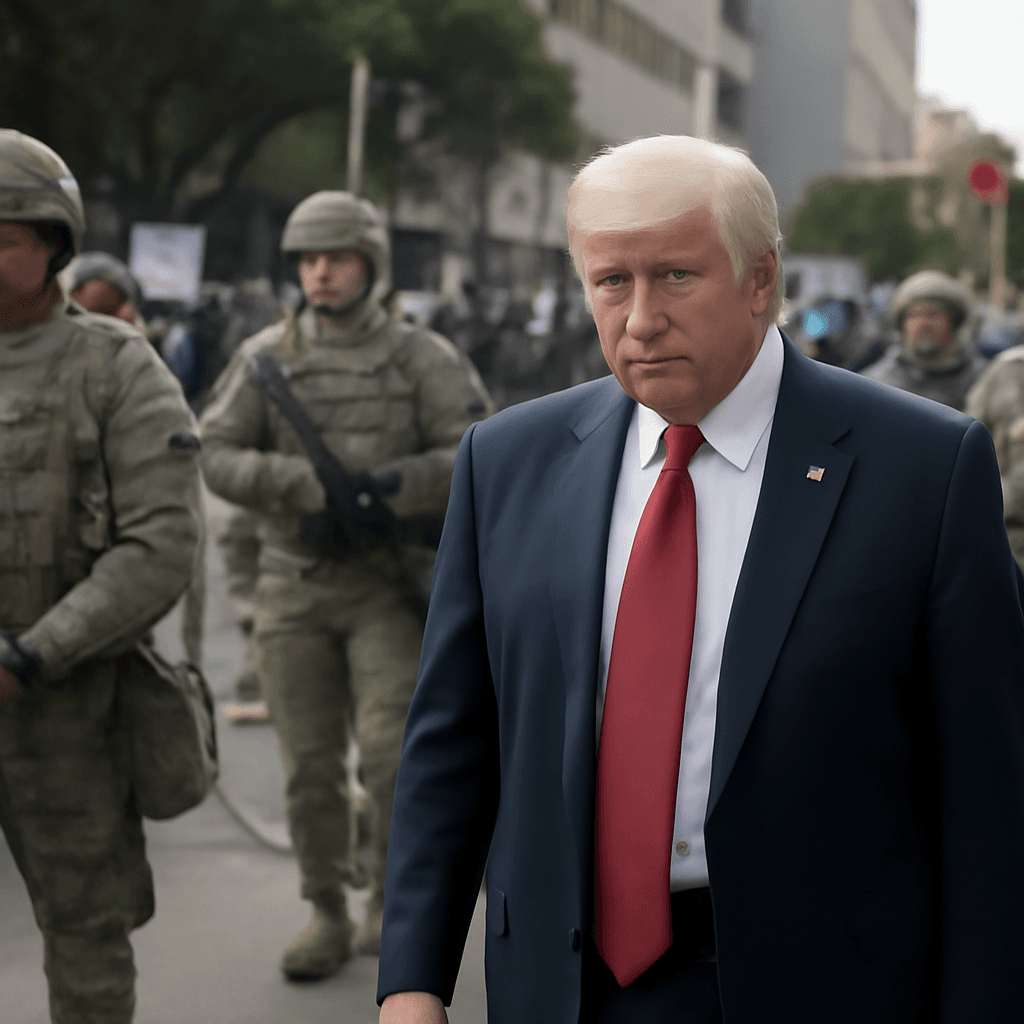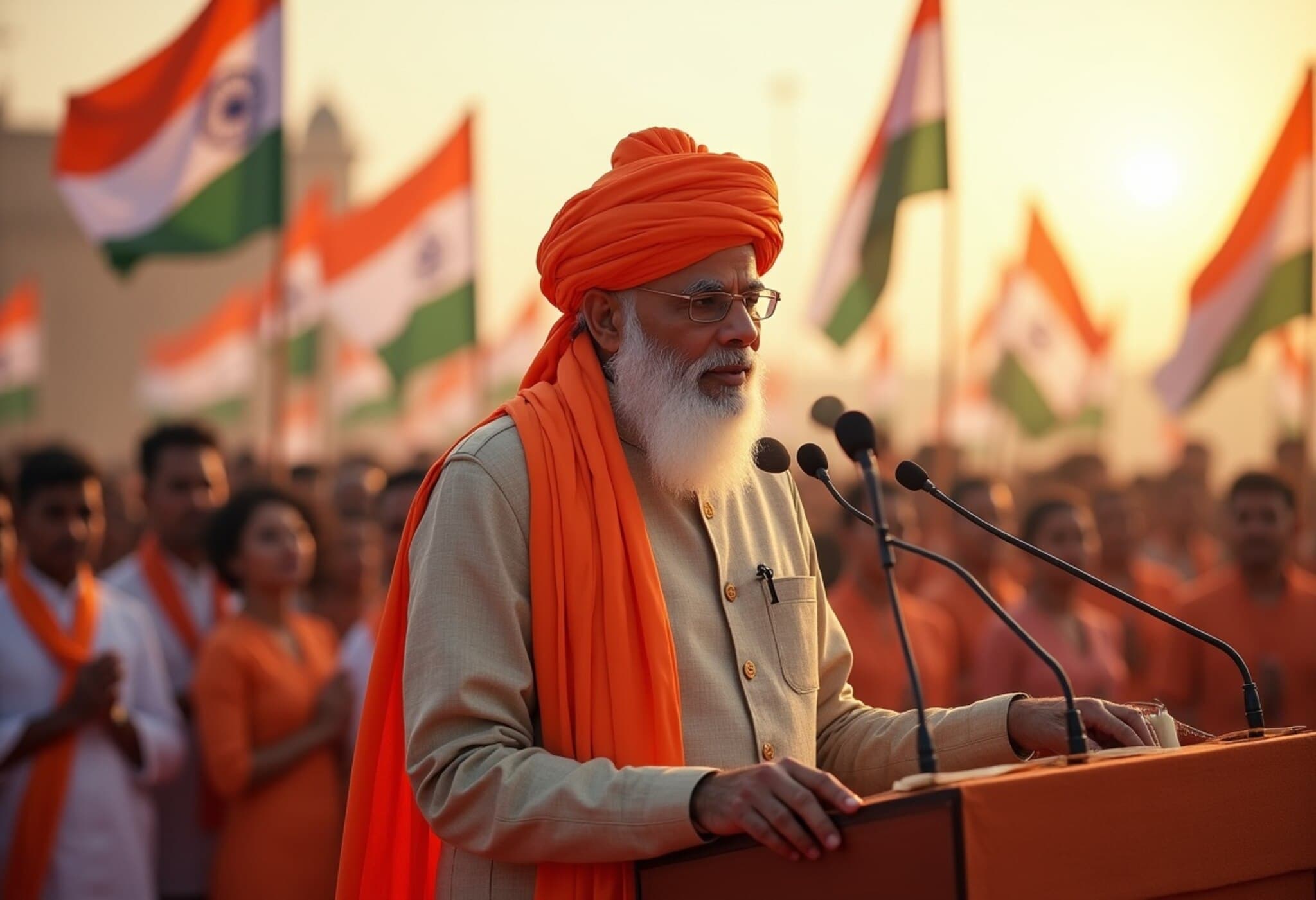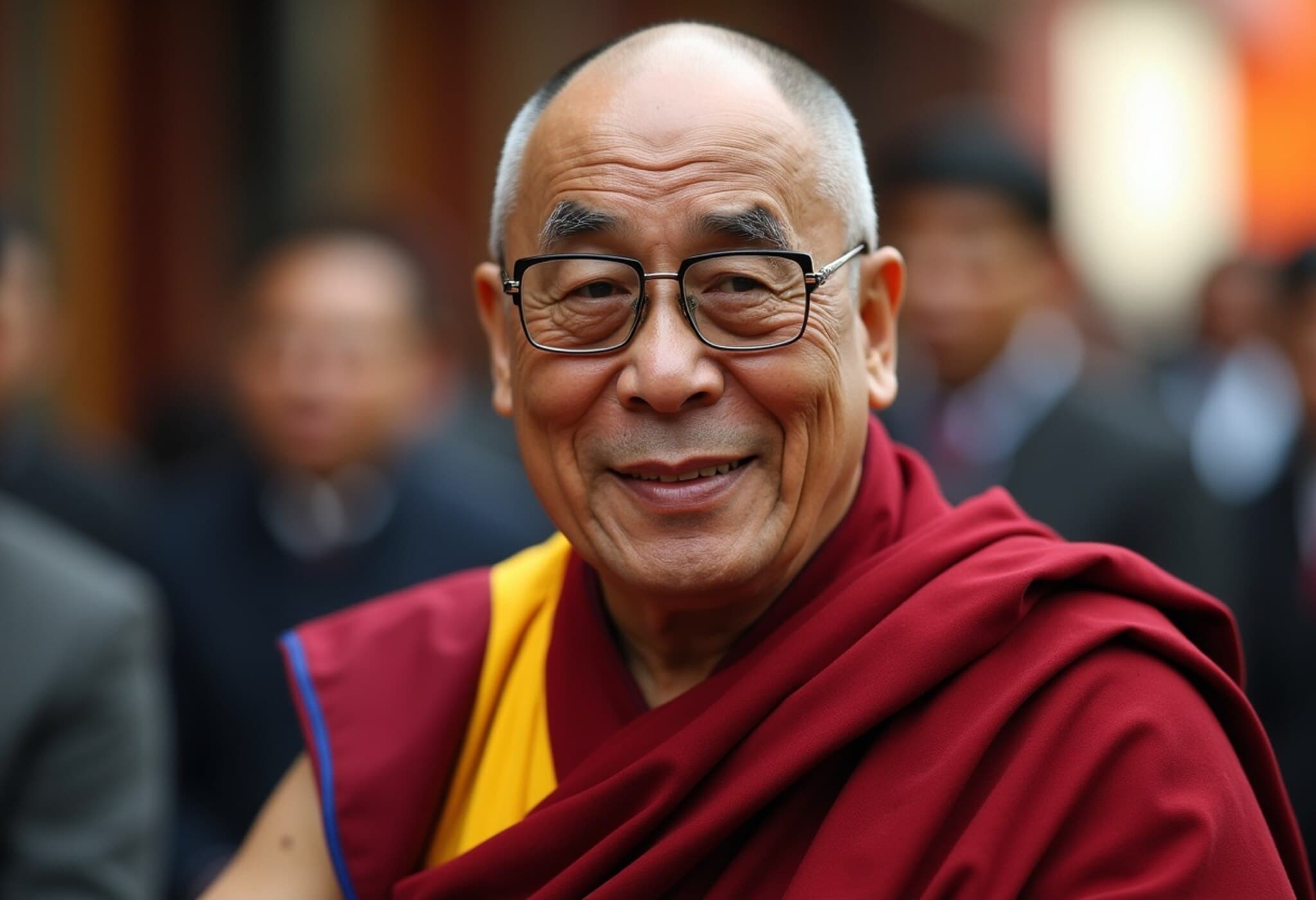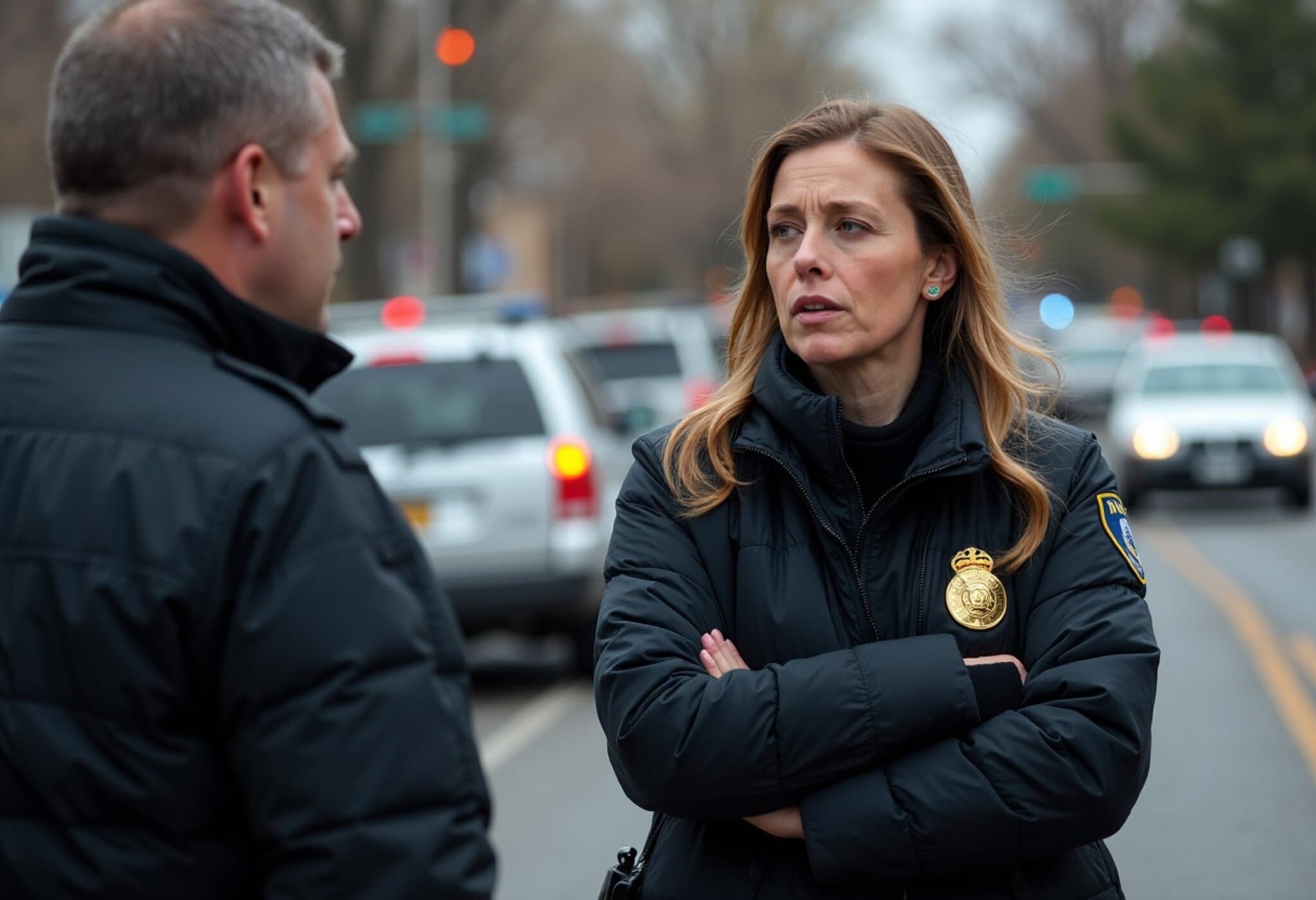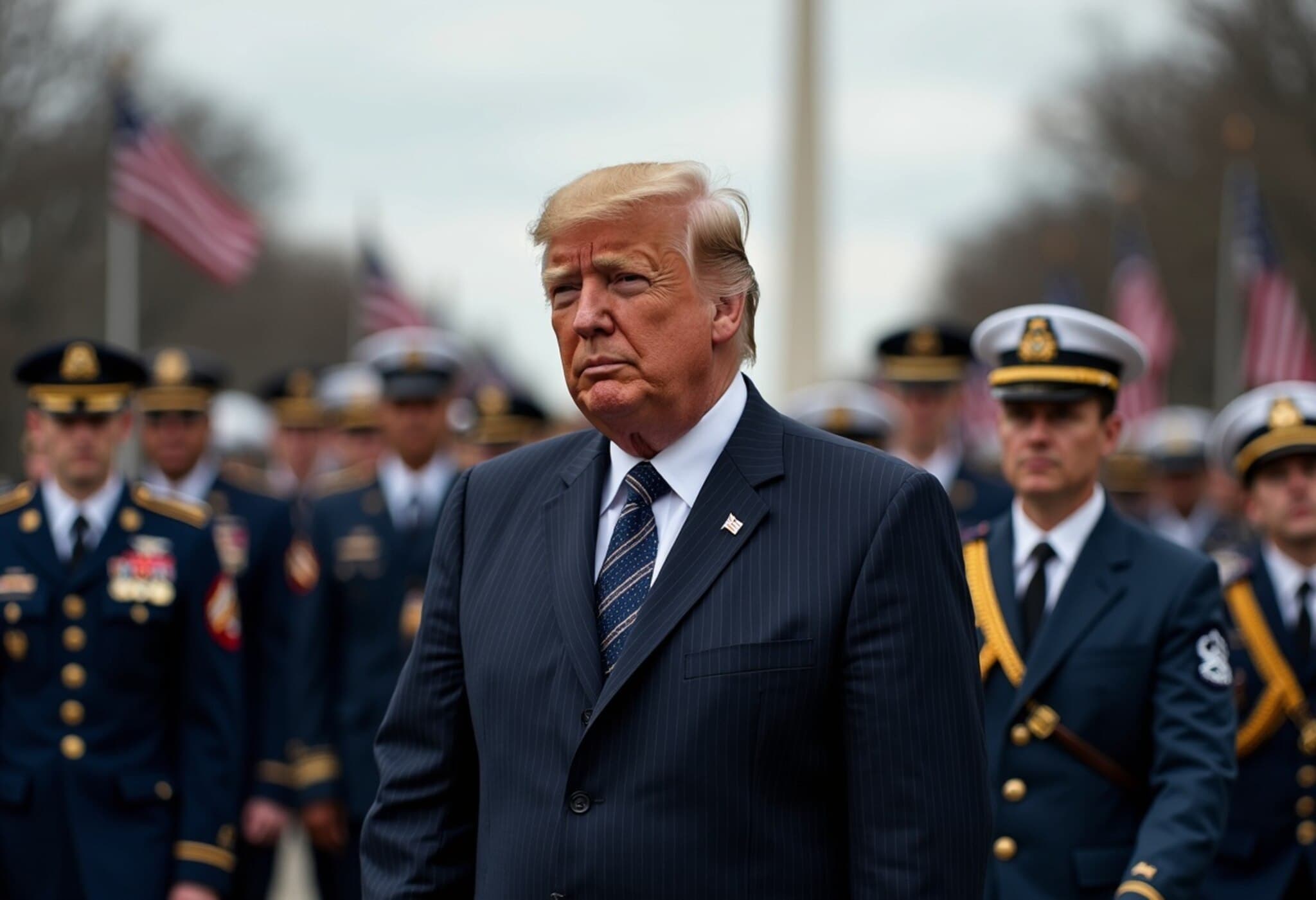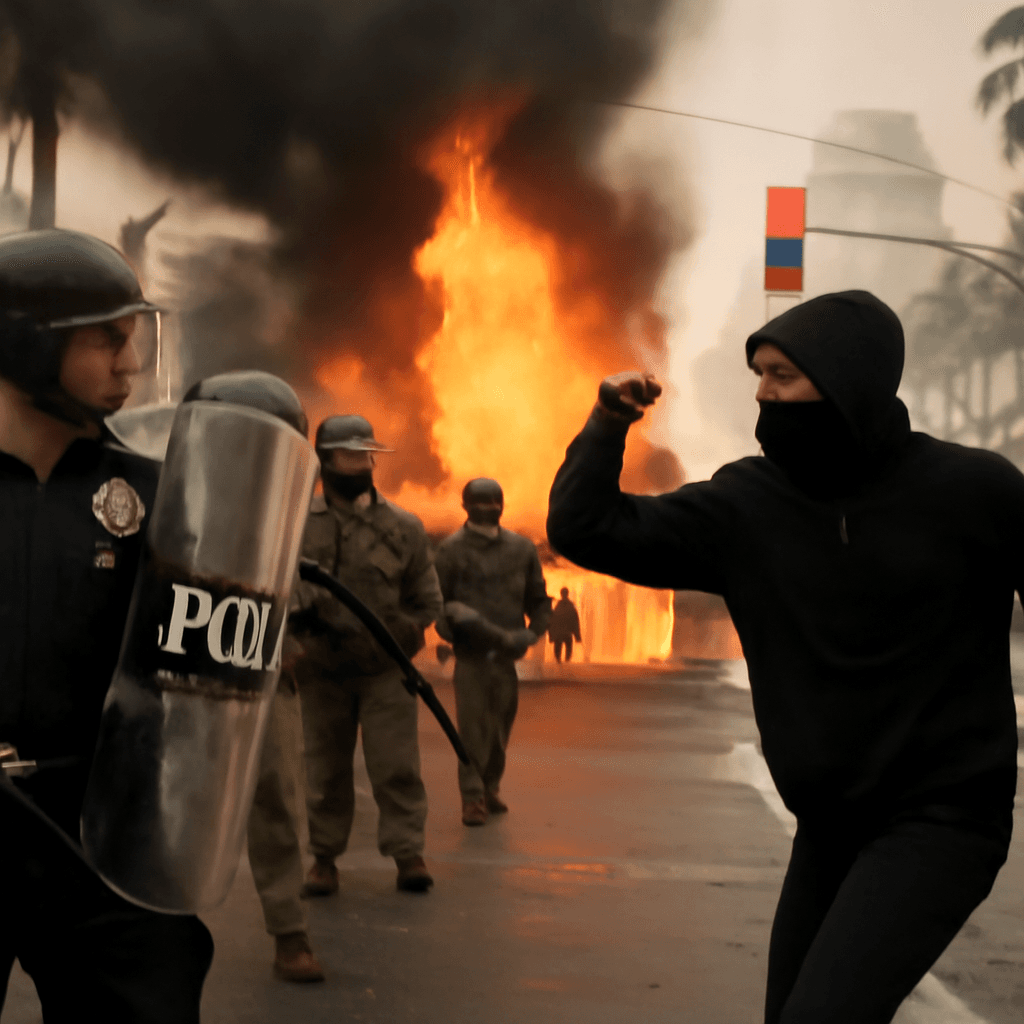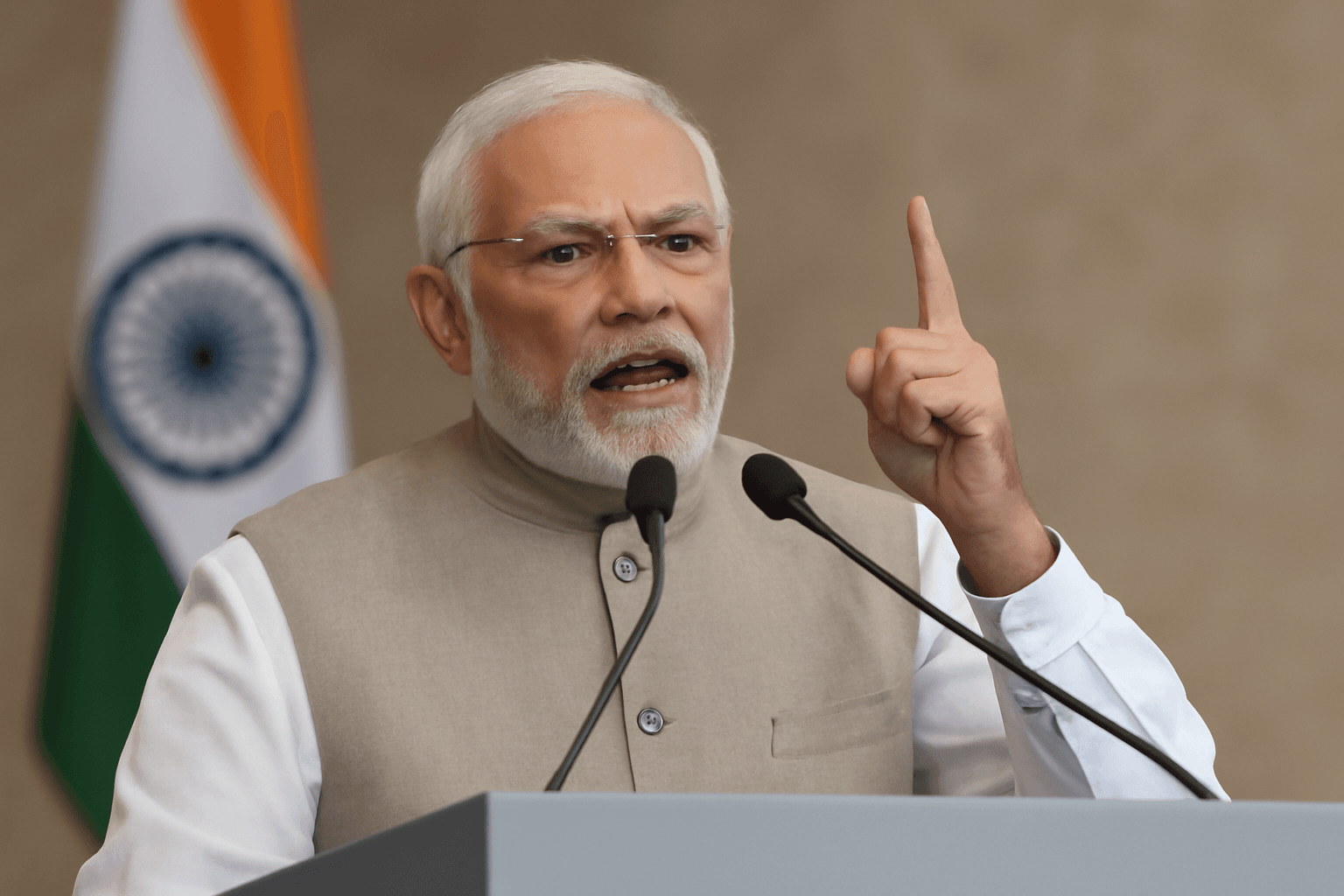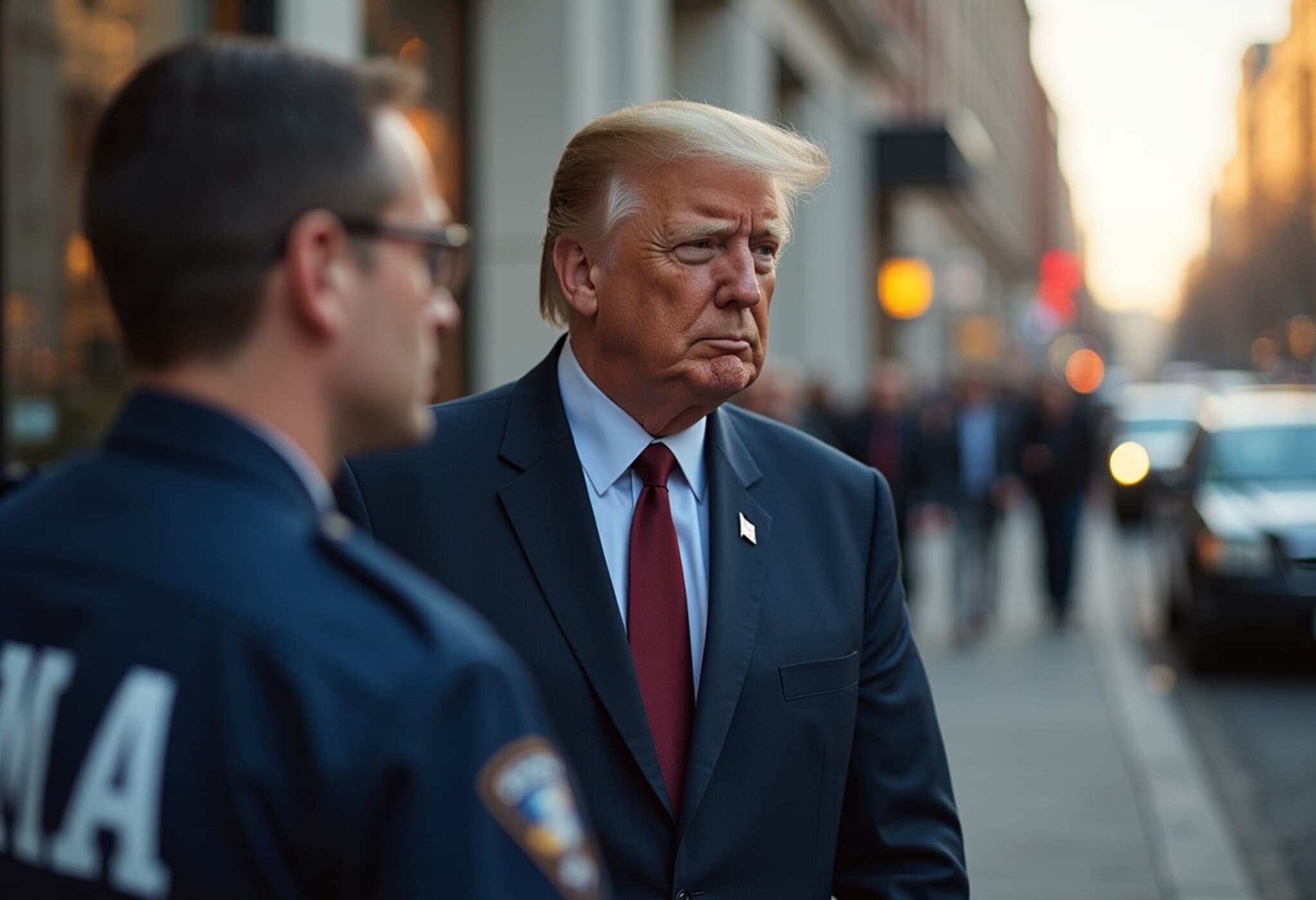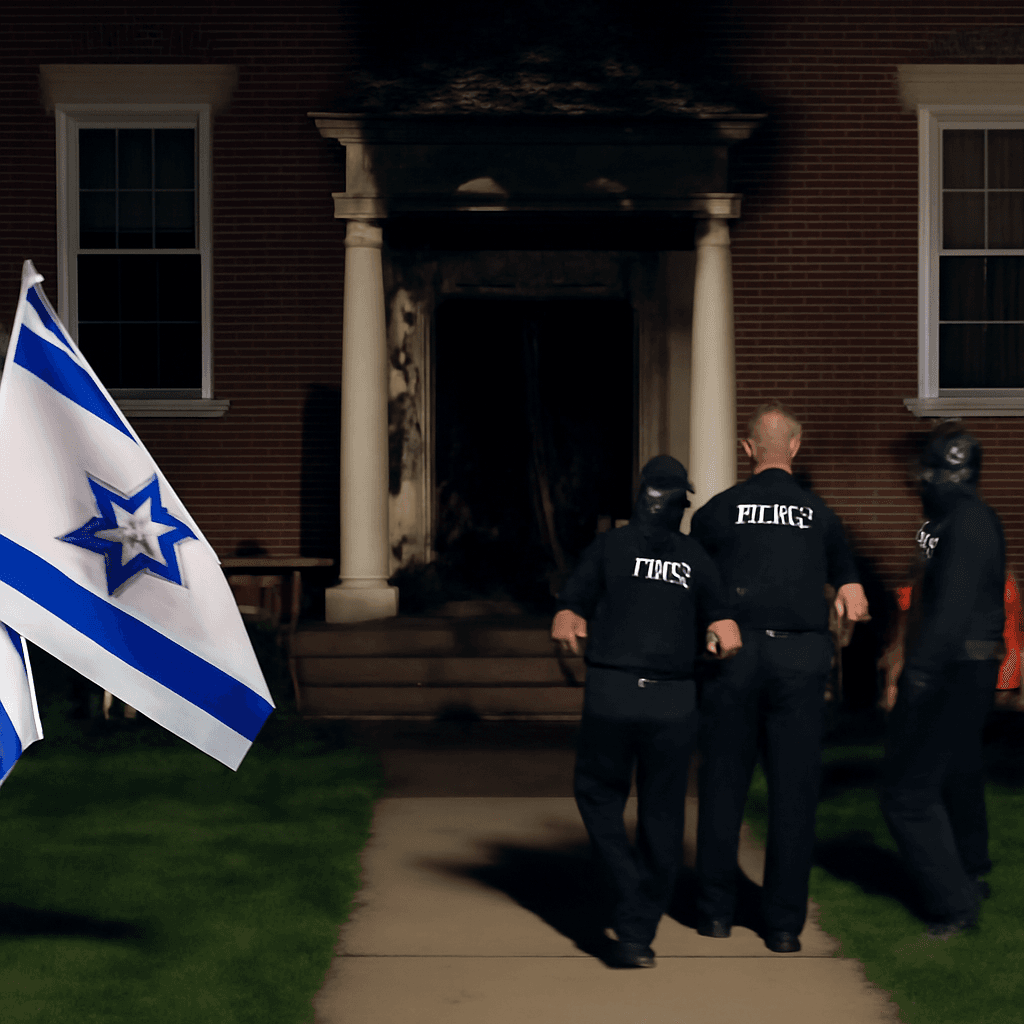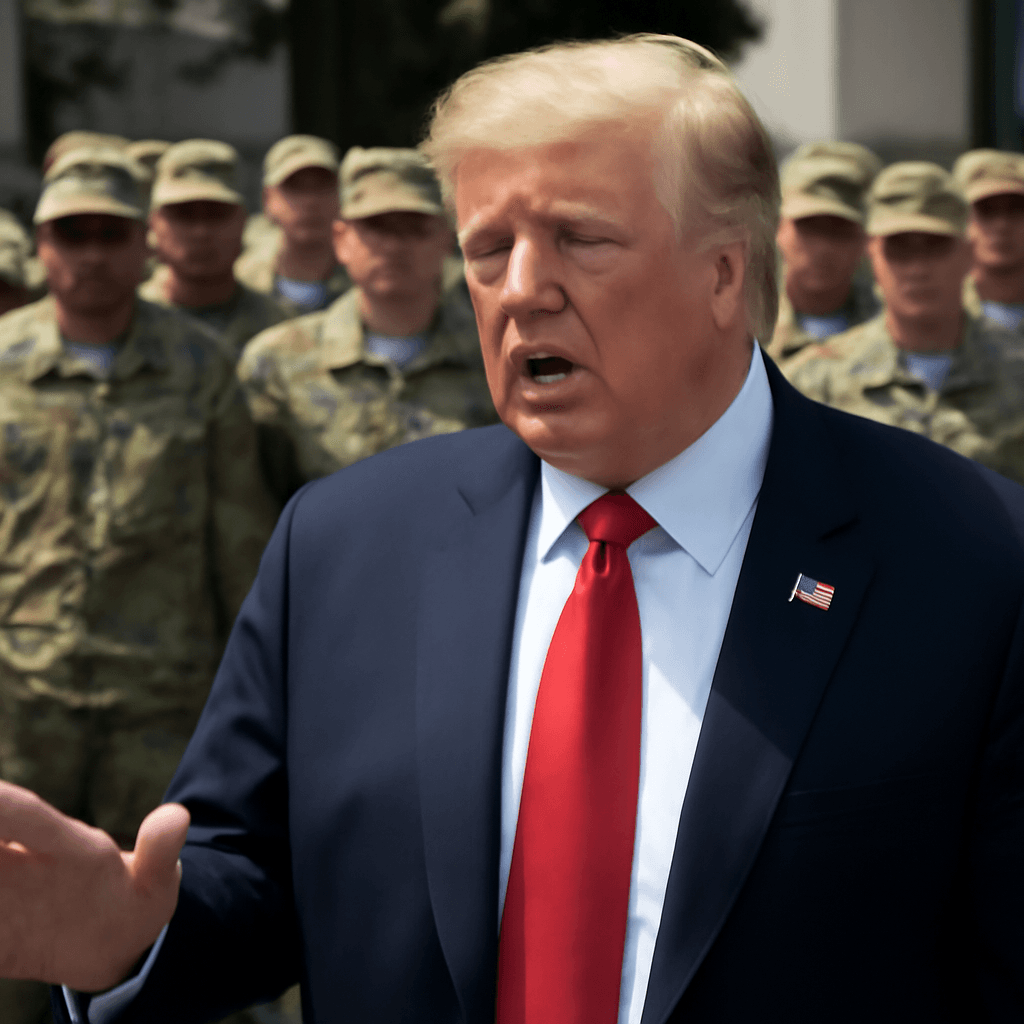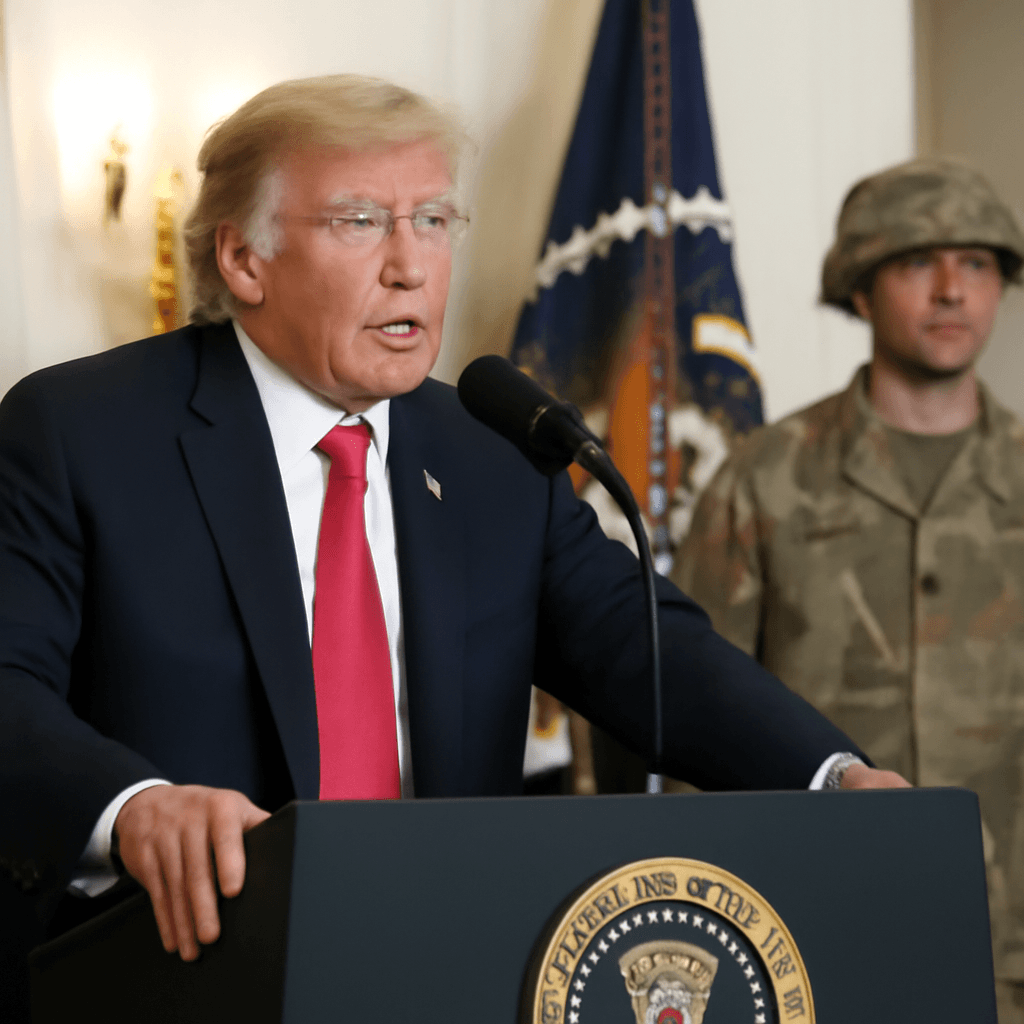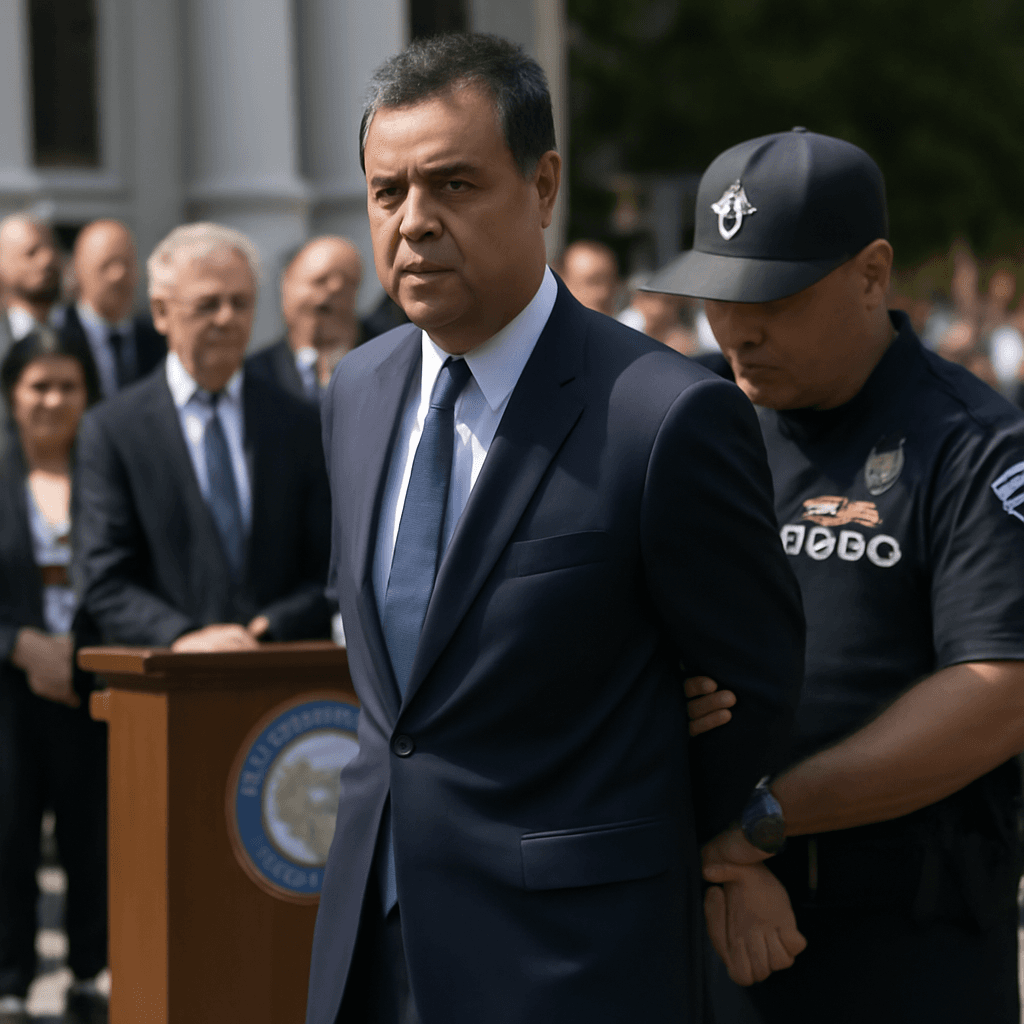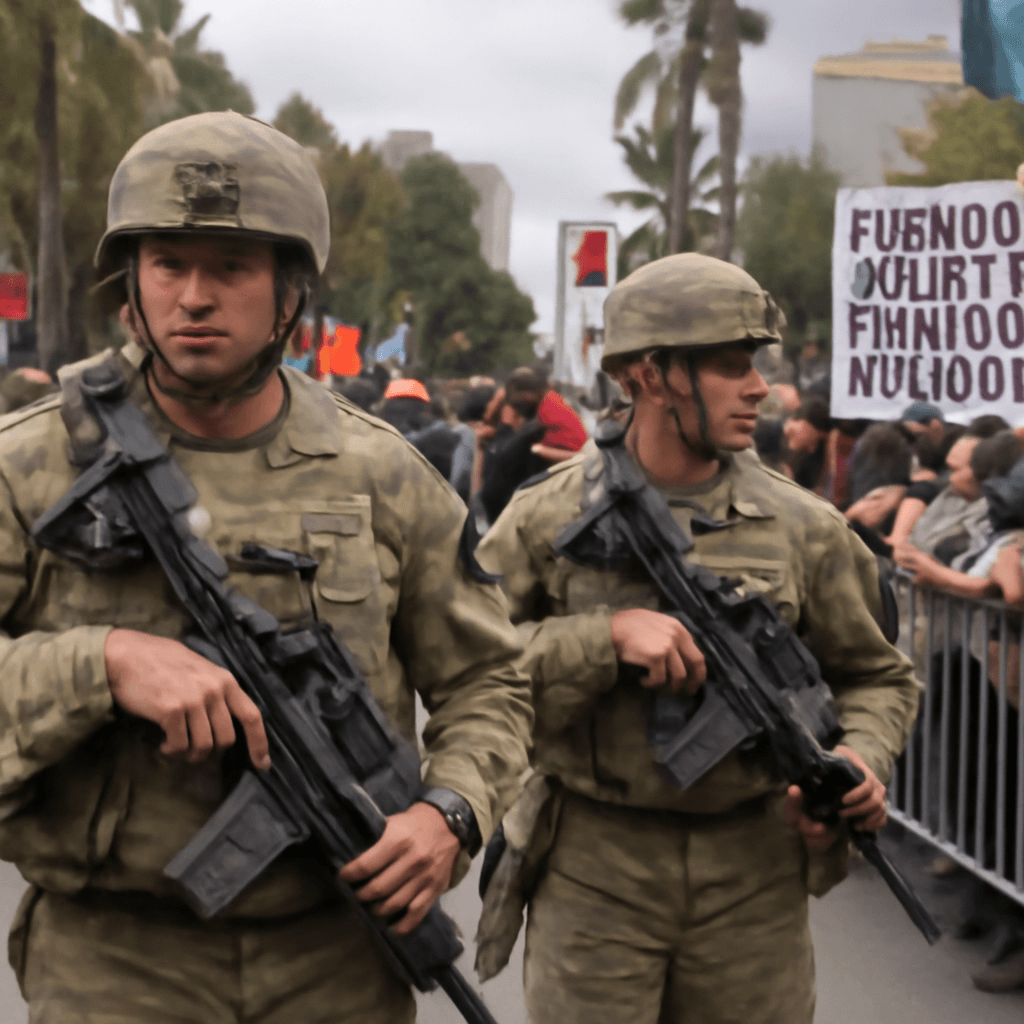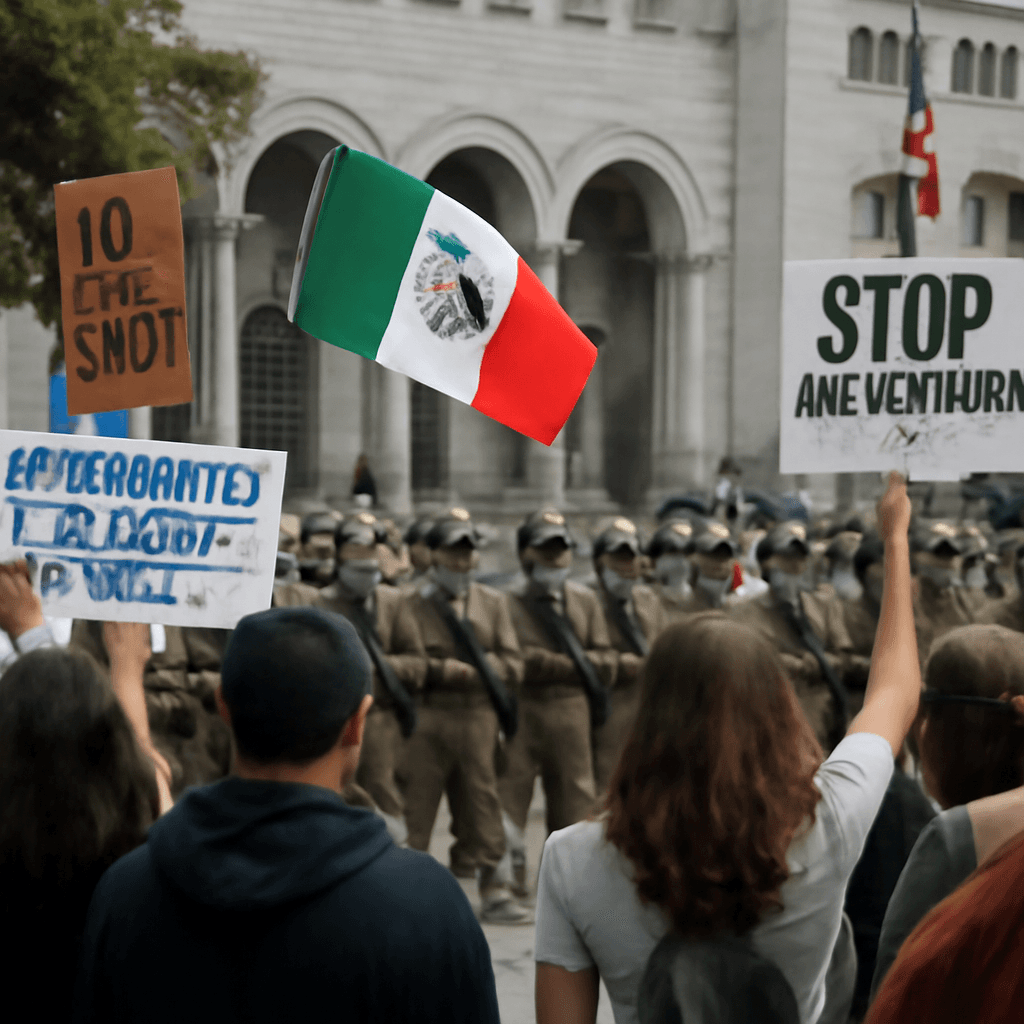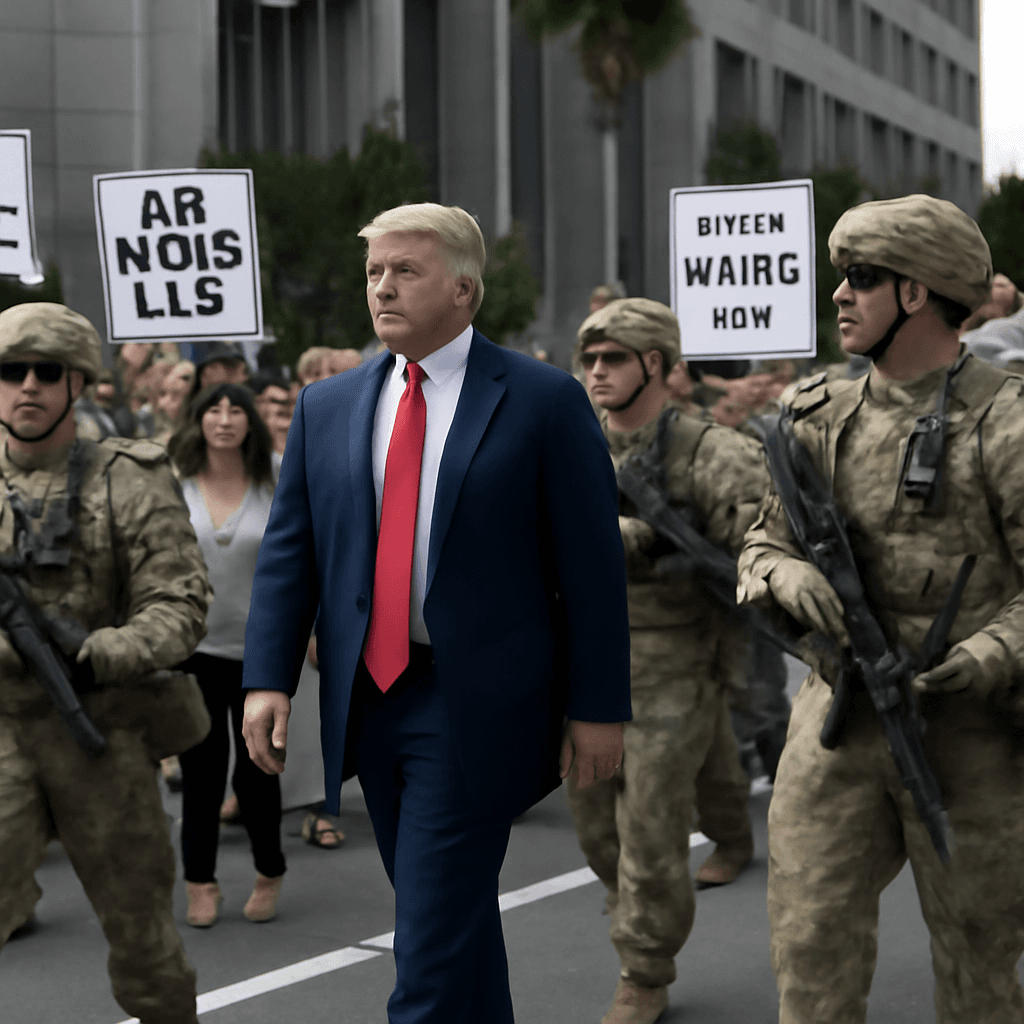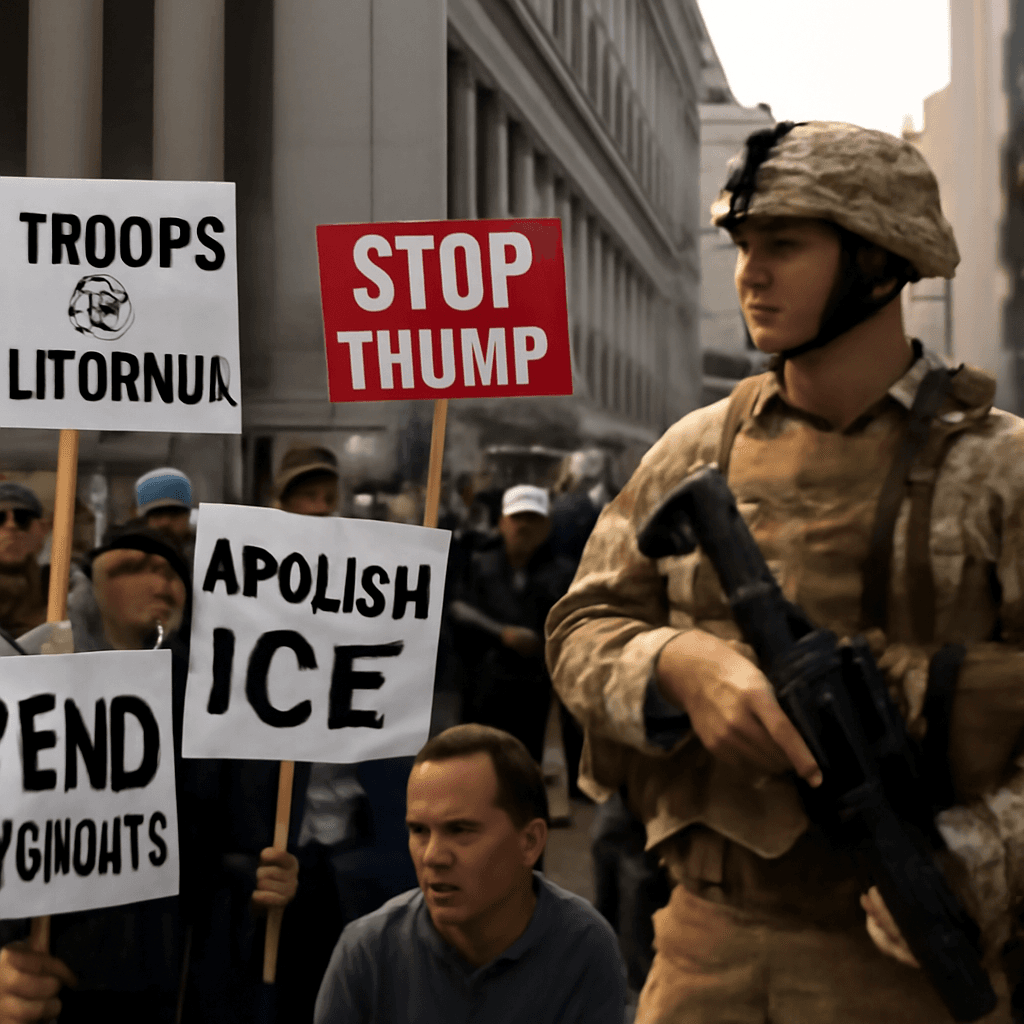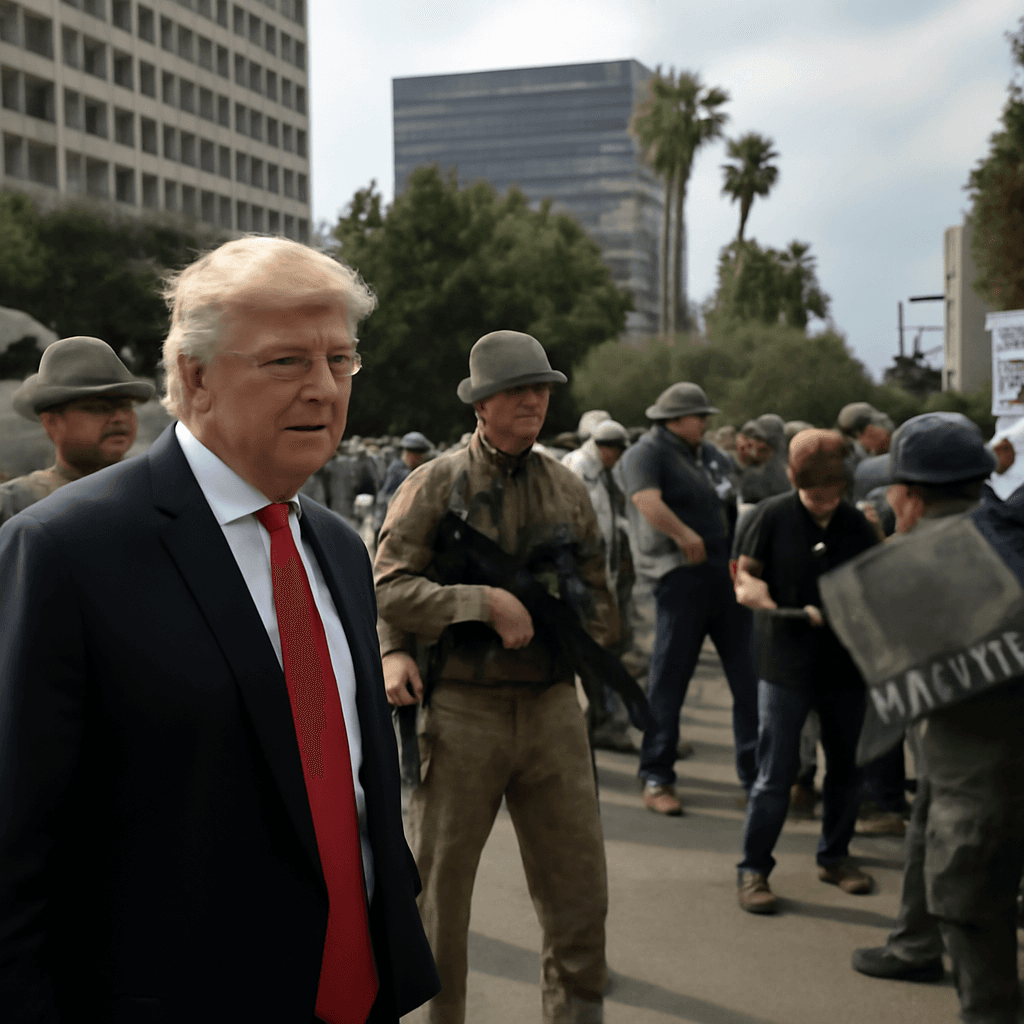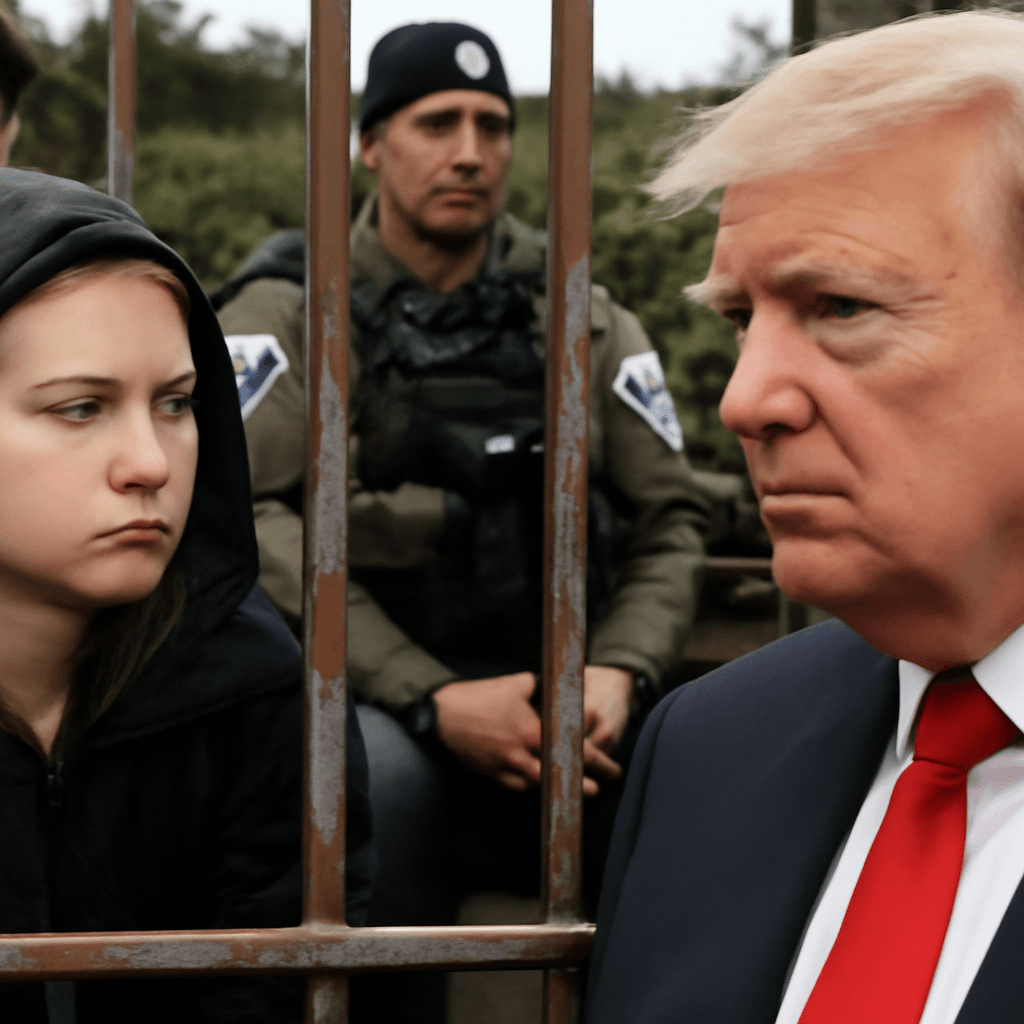Escalating Tensions: National Guard Troops Deployed in Los Angeles
As immigration protests in Los Angeles stretched into their fourth day, President Donald Trump ordered the deployment of an additional 2,000 National Guard troops to help manage escalating unrest. This latest move brings the total federal troop presence in the city to over 4,100 as officials strive to contain ongoing demonstrations triggered by aggressive immigration raids.
Origins of the Protests
The protests initially erupted last Friday at a hardware store parking lot in Los Angeles, where dozens of day laborers and undocumented immigrants gathered to oppose a sweeping crackdown on illegal immigration underway across Southern California. Federal immigration authorities detained more than 40 individuals on that day alone.
In the days that followed, confrontations between law enforcement and protesters intensified. Los Angeles police arrested 29 people Saturday night for failing to disperse, adding another 21 arrests on Sunday for charges ranging from attempted murder with a Molotov cocktail to assault and looting. Authorities deployed tear gas, over 600 rubber bullets, and other non-lethal munitions to manage the crowds. Despite these efforts, five officers sustained minor injuries during the confrontations.
By the end of the week, federal agencies confirmed that immigrant arrests in the Los Angeles area had surpassed 100 detainees.
Protest Actions and Responses
Demonstrations spilled into crowded commercial areas, forcing bystanders and local workers to navigate through volatile scenes as police used flash-bangs and projectiles to push back protesters. A key moment unfolded Monday when thousands rallied near City Hall to support detained labor leader David Huerta, who was released on a $50,000 bond shortly after. Huerta, head of the Service Employees International Union California, had been arrested Friday while protesting immigration enforcement actions.
Families of detained workers joined the chorus, demanding their loved ones’ release and voicing frustration at the escalating conflict.
Federal Military Involvement Sparks Controversy
Amid growing unrest, the White House authorized the National Guard deployment aiming to quell what it described as the “lawlessness allowed to fester” in California. However, California Governor Gavin Newsom condemned the move as a “purposefully inflammatory” act likely to inflame tensions further.
Republican Defense Secretary Pete Hegseth announced the additional deployment of at least 700 Marines to the area, intended to help restore order. The Pentagon has outlined clear operational guidelines allowing troops to protect federal property and personnel, including the authority to detain civilians temporarily if necessary. Each Marine is briefed on strict rules emphasizing de-escalation while reserving the right to self-defense.
Legal Pushback and Political Divide
The unprecedented federal involvement without a governor’s approval led California’s Attorney General Rob Bonta to file a lawsuit challenging the legality of the deployment, asserting it violates state sovereignty and the Constitution’s 10th Amendment. Governor Newsom labeled the situation a “manufactured crisis” aimed at federalizing state militias unlawfully.
President Trump defended his authority, citing provisions that allow federal action during rebellion or threats to governmental authority. He further escalated rhetoric by labeling protesters as “violent, insurrectionist mobs” and vowed aggressive federal action against rioters, even threatening physical retaliation with the phrase, “They spit, we hit.”
The divide between Republicans and Democrats remains stark. While Democrats, including California Mayor Karen Bass, called for an end to raids and condemned militarization, Republicans emphasized law enforcement and immigration enforcement. Heated exchanges unfolded on social media, with political leaders trading barbs around immigrant rights and public order.
The Broader Immigration Crackdown
This week represents one of the largest single-day immigration arrest operations in history, with the federal government detaining more than 2,200 individuals nationwide. President Trump’s administration has set ambitious targets for daily arrests, aiming to deport thousands of undocumented migrants.
Since taking office in January, multiple executive orders have broadened the scope of expedited deportations, empowered local and state police to aid immigration enforcement, and suspended the processing of asylum claims among undocumented migrants entering the US. These measures have stoked intense debate about immigration policy and civil rights.
Looking Ahead
As the standoff continues, Los Angeles remains a focal point for national tensions over immigration enforcement, federal authority, and civil liberties. With legal battles underway and protests likely to persist, both local and federal officials face mounting pressure to navigate a resolution amid deep political and social divisions.
Stay tuned for ongoing coverage as this story develops.

